What Monica says about the Master's in Disaster Risk Management and Climate Change Adaptation
Monica from Denmark
What year did you graduate?
"I graduated from the programme in 2017."
What is your current job and where is it located?
"I am working for the United Nations, as front office and direct support to the Head Representative on everything from donor relations, reporting, and resource mobilisation in Turkey, Iraq, and Sudan."
How did you find your job and how long did it take?
"Getting a relevant job happened almost immediately after graduation. Getting an assignment with the UN took about 1.5 years."
What is your favourite thing about the job?
"I like that it is so dynamic, constantly changing and full of opportunities. Whenever I know my way around something or begin to get bored, a whole new playground opens up with more things I can learn and do. With an open mind, you can almost have 10 different functions inside one single job title. Offices are almost always in need of more staff so by being proactive there is a huge field of possibilities, and you can shape and reshape your professional profile over and over again which I love. You meet people and travel to places I would otherwise never have gone, and I hear so many stories from people along the way.
I am also very humble and constantly touched by being given this opportunity to act as an agent of change, and being a voice for the millions of people that depend on humanitarian assistance. It is a big honour and responsibility to know that you play a role in making sure someone somewhere, will be able to benefit from the outcomes of the efforts and work you put into it."
How are you changing the world (in a large or small way)?
"I don’t believe you can change the world just through your job. You also have to change yourself and constantly evaluate how you are living your life and what your own personal imprints are. For instance, I eat vegan, and I am very cautious about carbon footprints, waste and packaging and prioritise my mental and physical health a lot. I try to be open about my shortcomings, to generate a supportive working environment and normalising everything that comes with the "human experience" so that we as colleagues, friends or partners can become aware of each other and work as a team instead of individual machines. I want to keep all my relationships honest and simple, so I approach everyone with the same attitude – regardless of if you are a beneficiary in a refugee camp or the ambassador of the EU. In the end, we are all one, and acting like that, removes the mental and social barriers between us, which I think is really what's needed to change the world."
What was especially useful about the programme that you use in your everyday work?
"Funny enough, the huge amount of literature and course obligations taught me to be very efficient and timely in my job. Every time I have a tight deadline, it is helpful to remember the dark evenings in Lund, where I was battling 3 assignments with short deadlines all at once. Now I am so grateful for the intensity of it all. Also, the broad nature of this degree has introduced me to a number of topics that have all proven to be extremely applicable and useful, as the field of disaster management is expanding and changing constantly. It is not more than a few days ago I was still using the course materials as references."
What do you miss most from your time at Lund University/LTH (the Faculty of Engineering)?
"The relationships between my classmates, professors and alumni. The bonds and friendships that I made during that time is something truly unique and stay as one of the best times of my life."
Anything else that you would like to add?
"The programme definitely opens many doors, but YOU need to do the work. After graduation, I still did many training sessions, attended many seminars and conferences at my own costs and I made a big thing out of networking, reading and keeping myself updated and relevant and this is really a job that never ends.
In the beginning, don't be afraid of taking low-paid jobs, and be careful about waiting too much for that "amazing opportunity". You need to create a reputation and also shape your own goal and identity in the field, and sometimes an internship or a supportive function in a small start-up can be the best stage for doing just that.
Ask for help when you need it, and have an open heart. This profession can be amazing, and the most rewarding thing you'll ever do, even though it can make you a bit pessimistic sometimes, as the world is burning and we are at the frontlines of getting reminded about this. But it all depends on your own attitude, on using the cards you have been given and understanding your own unique role in all of this."
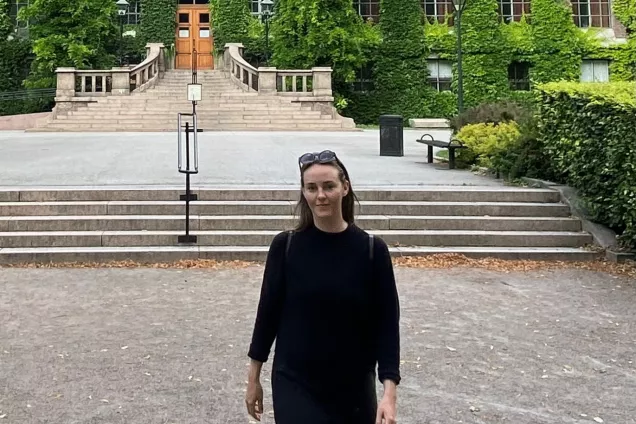
"Providing concrete tools and explanatory models"
Johanna from Sweden
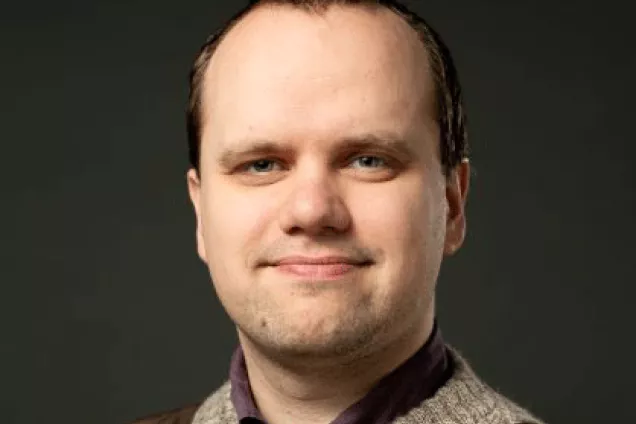
"Engaging, interesting and a perfect combination of theory and application"
Tobias from Sweden
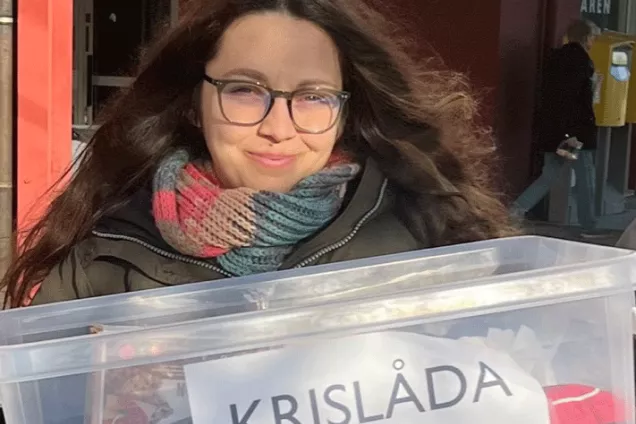
"I recommend this programme if you want to influence change"
Andra from Romania
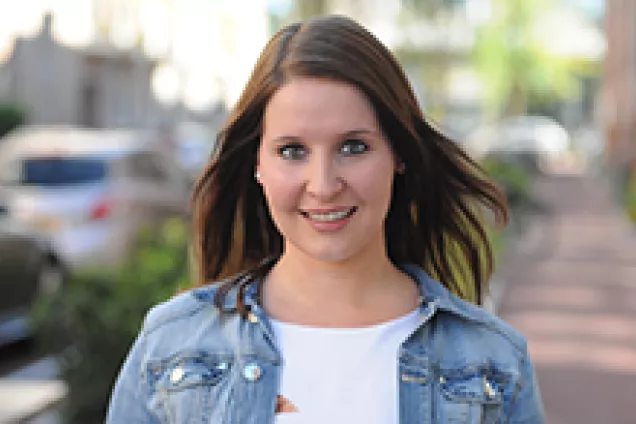
"Nothing comparable out there that looks at this combination"
Lana from Germany
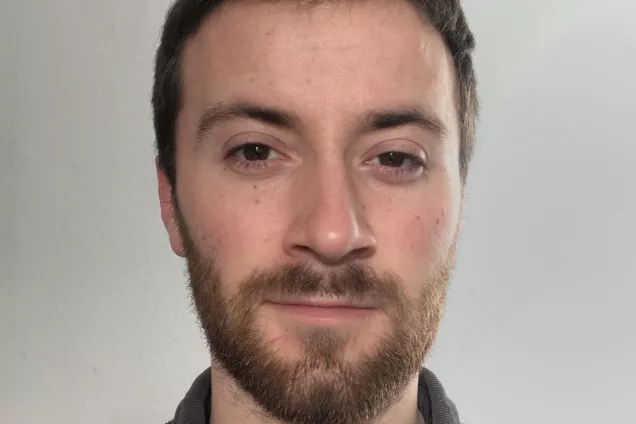
"Gave me the freedom to pursue my preferred track"
Ruben from Germany
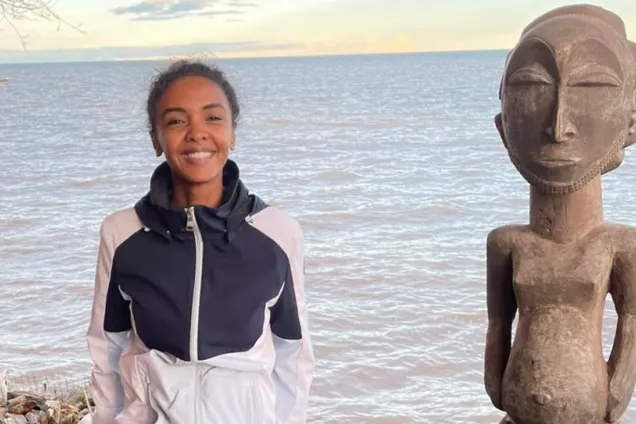
Read an interview with alumna Alla on the Alumni Blog
About the DRMCCA Master's.
